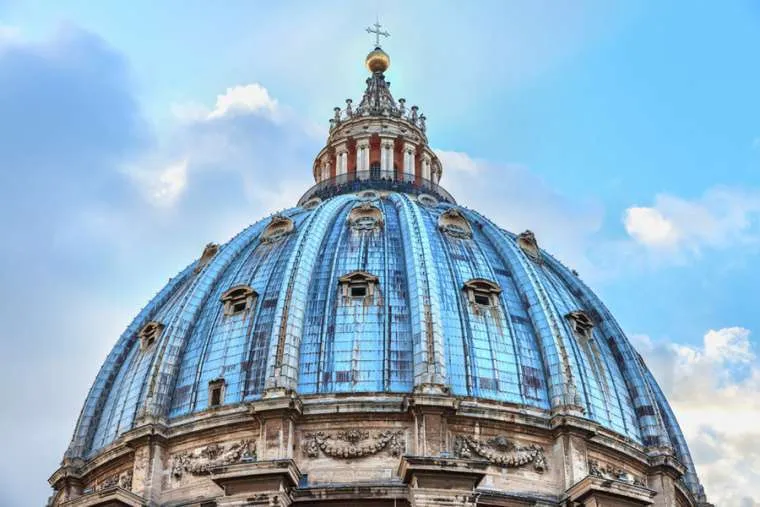The collection began to be called the “secret archive” around the mid-17th century, Pope Francis wrote, and served to indicate only that it was a “private archive, separate, reserved to the Pope.”
He stated that this change in name to Vatican Apostolic Archive “highlights the close link of the Roman See with the archive, an indispensable tool of the Petrine ministry” and that this new title also underlines its similarity to the Vatican Apostolic Library in its dependence on the Roman Pontiff.
Research in what will now be called the Vatican Apostolic Archive is free of charge and open to qualified scholars with a five-year university degree or equivalent doing scientific research. Access has only been allowed, however, to documents up until the end of the papacy of Pius XI, which is February 1939.
Pope Francis stated in his apostolic letter, that from March 2, 2020, he would extend that access to the end of the pontificate of Pius XII, whose papacy ended in October 1958.
The change in title for the archive was something suggested by the superiors of the archive, by some bishops, and by his “closest collaborators,” the pope explained.
He noted that the archive was first called “Archivum novum,” then “Archivum Apostolicum,” and finally, since around 1646, the “Archivum Secretum.”
“As long as the awareness of the close link between the Latin language and the languages that descended from it persisted, there was no need to explain or even justify this title of Archivum Secretum,” he explained.
But, he added, “with the progressive semantic changes that have occurred in modern languages and in the cultures and social sensitivities of different nations, to a greater or lesser extent, the term Secretum, linked to the Vatican Archive, began to be misunderstood, to be colored with ambiguous shades, even negative.”
Francis said he decided to change the name, because “the true meaning of the term secretum” has been lost, and there is a growing instinctive association “with the concept expressed by the modern word ‘secret,’ in some areas and environments.”
“Historical experience teaches that every human institution, having arisen even with the best protections and with vigorous and well-founded hopes of progress, touched fatally by time, in order precisely to remain faithful to itself and to the ideal aims of its nature, perceives the need, not to change its appearance, but to transpose in the various ages and cultures its own inspiring values and to make those updates that are convenient and sometimes necessary,” he wrote.








